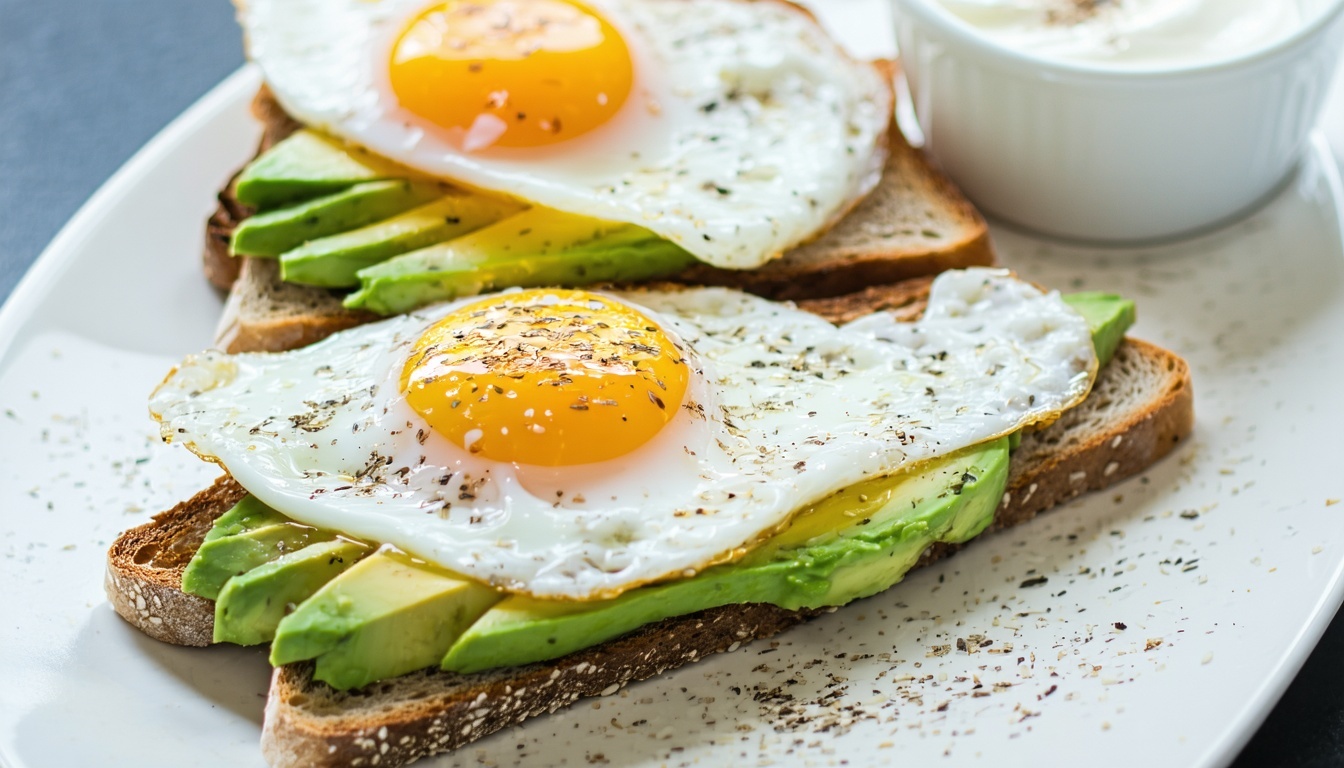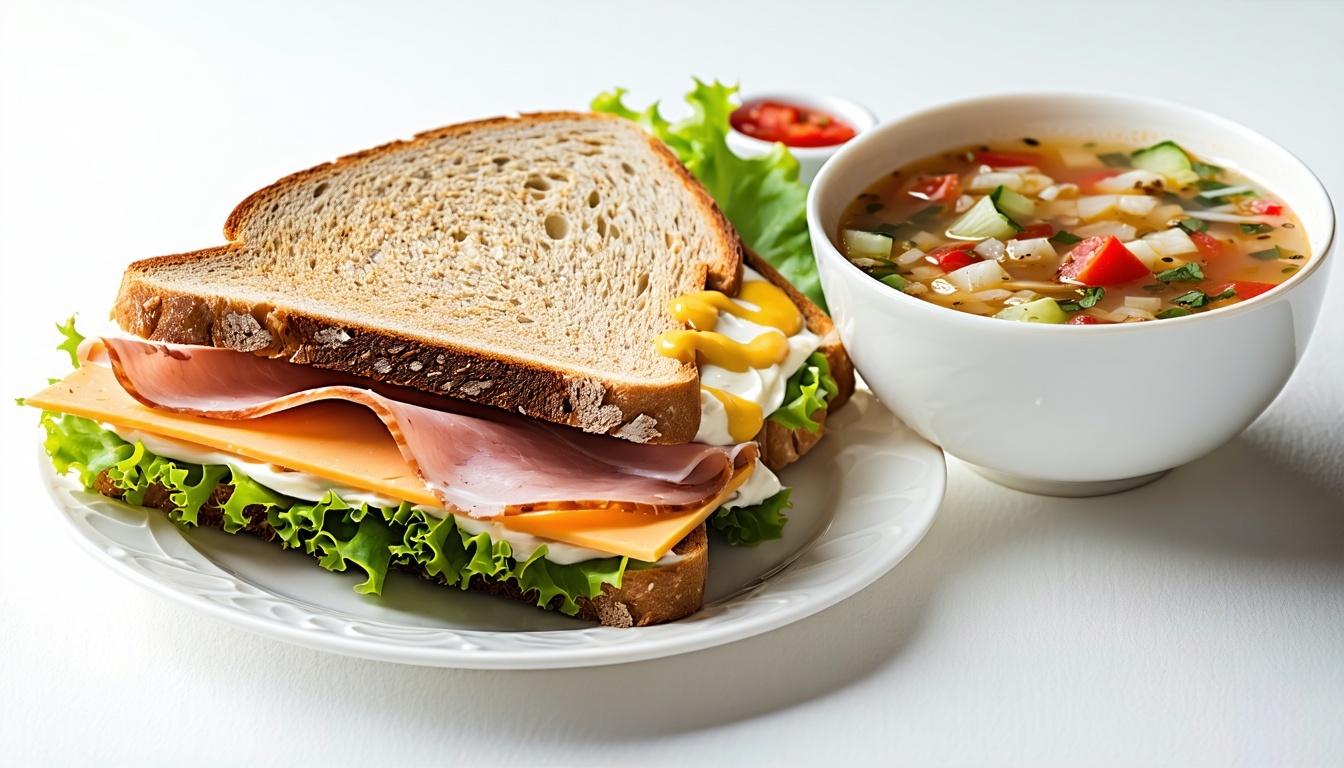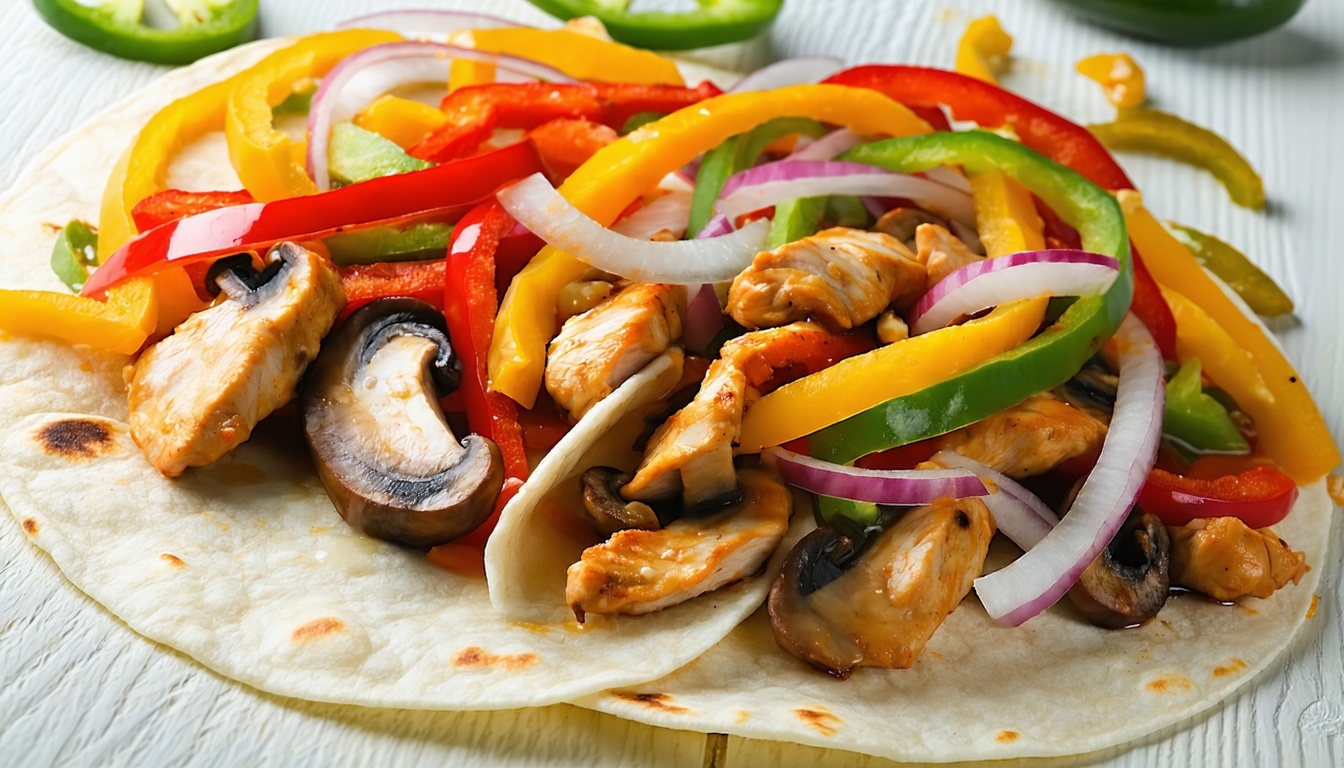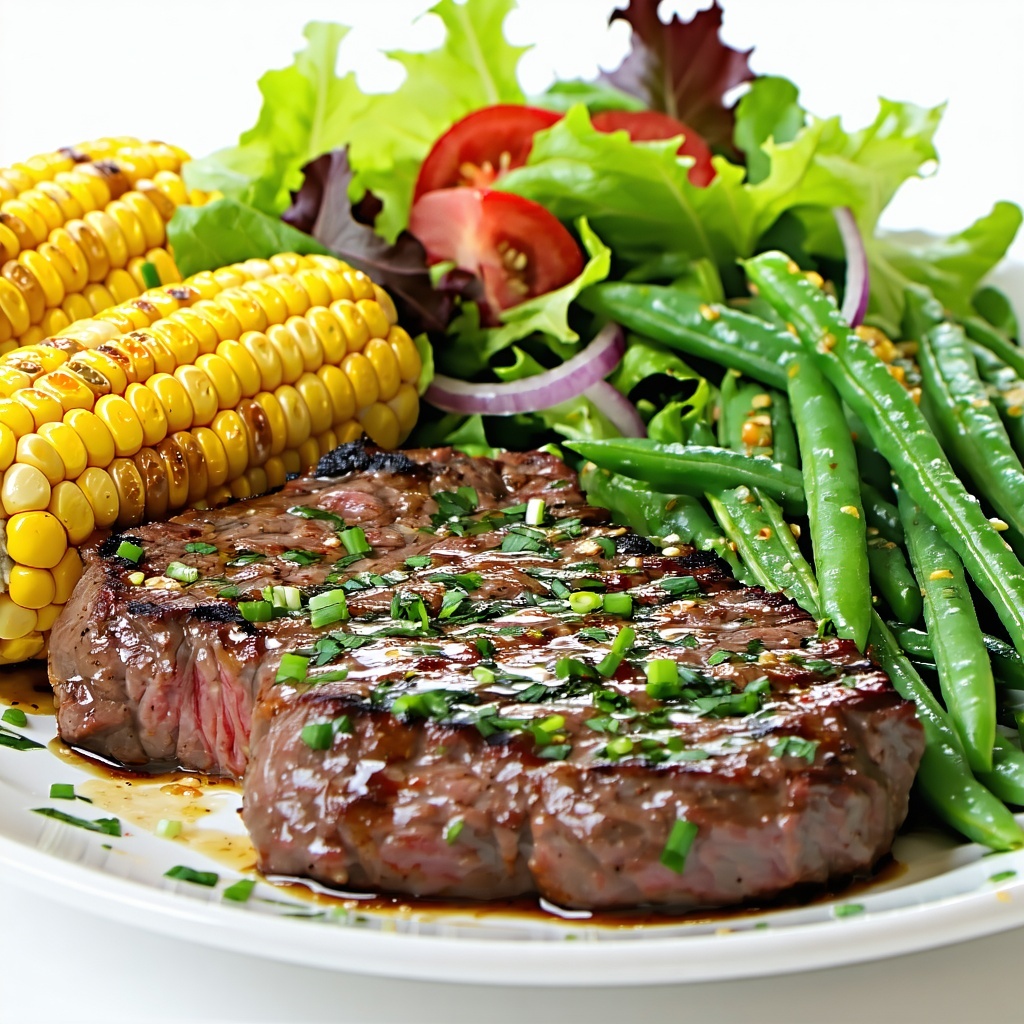Summer is almost here, and people are getting ready to engage in more outdoor activities, participate in walking or running events, compete in tournaments, prepare for a marathon, hike or bike long distances, and the list goes on. So, is there a special nutritional boost to help prepare you for all these activities and to perform optimally? Some people believe that increasing their protein intake, taking in more electrolytes or energy drinks, or adding specific nutrition supplements can give them an added edge. What is the best approach?
Here are some tips for better endurance and better results.
- Start your day with a nutritious breakfast. Some people can’t eat soon after waking up, so it is ok to eat 2-3 hours later. It doesn’t need to be a big breakfast. Aim for something that provides protein, whole grains, fruit and healthy fats. This will sustain your blood sugar and energy level through the morning. If you are a coffee person, try whole milk, soy or almond milk instead of creamer. Here are some suggestions for a healthy breakfast:
- Greek yogurt and fruit sprinkled with granola and seeds. You can add 1 tbsp chia seeds in the yogurt for more fiber.
- Overnight oats with hemps, nuts, chia seeds, cinnamon powder, almond milk, and fruit. This can be prepared the night before.
- Eggs and avocado over whole wheat toast and fruit or yogurt

- Don’t skip lunch or you’ll end up snacking more in the afternoon or overeating at dinnertime. Think of it as fueling your body midday, so your energy level stays steady. Remember to stay hydrated with milk, sugar free drink, tea or water. Here are some suggestions for lunch:
- Salad bowl containing grains like quinoa, barley or beans, veggies (greens, bell peppers, shredded carrots, onion, cucumber, tomato, or broccoli) and a protein of your choice (chicken, beef, pork, tofu, cottage cheese, seafood, fish).
- Whole wheat bread sandwich with cheese, cold cut meat or tuna/egg salad, mustard and mayonnaise. Instead of potato chips, enjoy a bowl of vegetable soup or salad.
- One piece of pizza with veggies or green salad on the side.

- If still hungry, it is okay to add a small snack in the afternoon. The idea is to tide you over to dinner so that afternoon hunger pangs don’t drive you to make unhealthy choices. You can try a handful of nuts with a small piece of fruit, cottage cheese with fruit, a protein shake, a few crackers with cheese or peanut butter, edamame or veggies with hummus. Always stay well hydrated, too!
- Dinner should be the last meal of the day and at least 2-3 hours before bedtime so you can sleep well, avoid weight gain, indigestion, and acid reflux. It is better to have a light dinner, but sometimes this is not so easy due to social and work-related commitments. Focus on a plate that includes protein, plenty of colorful vegetables and a carb (whole grain, potato, rice, pasta, bread, corn, tortilla, fruit). Here are some easy dinner suggestions:
- Chicken fajita using medium size whole wheat tortilla, chicken breast, onion, bell peppers of different colors, mushrooms.
- Spaghetti with meat sauce that includes different vegetables in it. I like to mix bell peppers, mushrooms, onion, garlic, chopped green beans or zucchini.
- 4-8 oz of lean steak with medium size potato or corn on a cob, grilled asparagus or green beans, and a salad.

The amount of food may vary depending on your size, type and duration of physical activity, age, and medical condition. It is a good idea to talk with a registered dietician for a personalized meal plan.
- It is also important to remember that during exercise, carbohydrates are our main source of energy, so you don’t need to be scared of them. Without carbs, most people will experience fatigue, lack of focus and performance can drop. People also think that the more protein you eat, the better the performance. This is another myth. Your body will use a certain amount of protein for body function and muscle structure (about 1.0-1.5 gram protein per kg of body weight), but the rest is stored as calories. Remember that it is a good idea to replenish carbs and protein soon after an intense exercise. You can try chocolate milk or a protein bar with banana.
- I will emphasize again the importance of good hydration. Water or plain tea are the preferred drinks most of the time, but on days of intense workouts, try to have an electrolyte drink 3-4 hours before the start of the activity, during and soon after. This can help prevent cramping.
For more individualized information, work with your local registered dietitian and personal trainer. Also, remember that even with long daylight hours during the summer, it is important to have a steady routine of a good night ‘s sleep of 7-9 hours a night.


